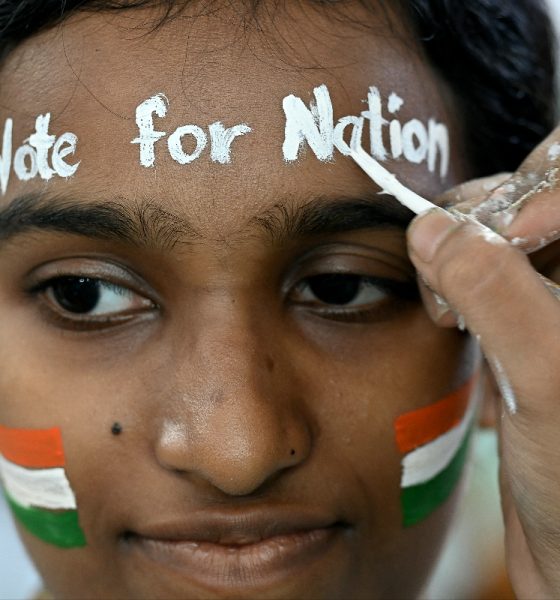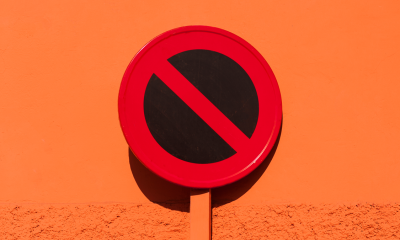
As India kicks off the world’s biggest election, which starts on April 19 and runs through June 1, the electoral...



























Klarna is launching its credit card in the United States, the Swedish fintech giant told TechCrunch in an exclusive interview. “It was one of our most...


I’d just got in the bath when my phone buzzed on the window sill. It was, alas, out of reach. But I had a sneaking suspicion...


Former senior SpaceX executive Tom Ochinero is teaming up with SpaceX alum-turned-VC Achal Upadhyaya and one of Sequoia’s top finance leaders, Spencer Hemphill, on a new...


How to watch ‘The Sympathizer’ at a glance: BEST FOR CRICKET CUSTOMERS Max (With Ads) Free for Cricket customers on the $60/month unlimited plan (save $9.99/month)...


Tesla management told employees Monday that the recent layoffs — which gutted some departments by 20% and even hit high performers — were largely due to...